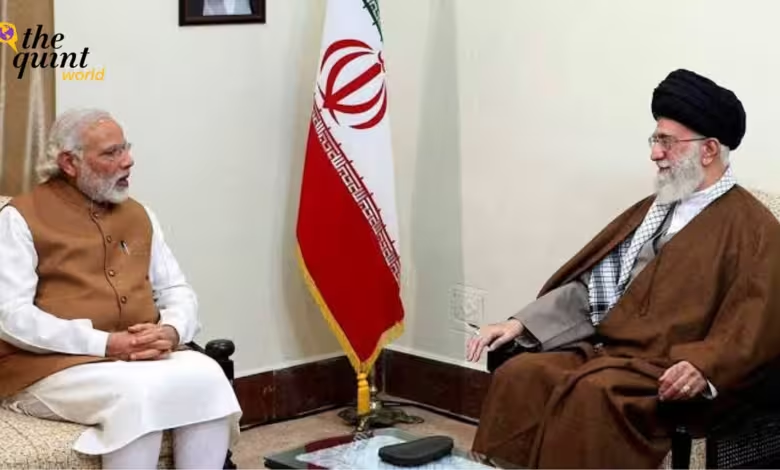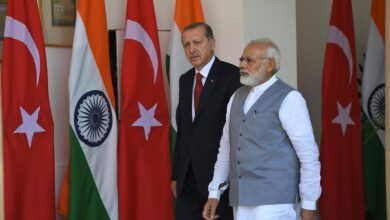India responded sharply after the Iranian leader criticized its treatment of Muslims

India reacted angrily to the recent remarks of Iran’s supreme leader on the issue of the treatment of the Muslim minority in the Indian state of Gujarat.
In its Monday statement, India’s Ministry of External Affairs stated that Ali Khamenei’s comment posted on X is ‘misinformation and uncalled for.’ India and Iran have good relations most of the time, but the ruling government with Hindu nationalist sentiments has resulted in strained relations regarding the treatment of its minorities.
“Those countries who want to speak something about minority they should first look at their mirrors,” New Delhi quoted. The brief message came after a tweet by Khamenei on Monday, which read, “It is unthinkable to be a Muslim and not be aware of a Muslim brother or sister’s plight in Myanmar, Gaza, India or wherever they are being victims.”
India and Iran maintain a fair relationship, evidenced by their economic bond. In May, they agreed to launch and manage the Iranian port of Chabahar on the southern coast of Iran for a 10-year contract period and the port is under construction for exports destined to Iran, Afghanistan, and Central Asian countries, so India does not need to rely on the Karachi and Gwadar ports in Pakistan. However, Khamenei has expressed concern in the past regarding problems that affect Muslims in India and the disputed land of Kashmir.
Opposition groups have accused the rulers of the Modi-led BJP government of worse treatment of Muslims, who they said were more harassed after Modi became the Prime Minister in 2014. After that, more cases of assaulting Muslims and Muslim businesses have been reported in the country. Such incidents include the use of hate speech, which has also been on the rise.
Criminals and their groups have lynched people because they are stealing cows, which are sacred in Hinduism; this has been a surge during Modi’s regime while homes and properties have been bulldozed.
Regarding political events, in March, the Indian government issued guidelines to begin the process of the Citizenship Amendment Act, which allows refugees in neighboring countries who are not Muslims to become Indian citizens.
It said that individuals who could not be granted citizenship under the above-said provisions but who entered India for reasons of religious persecution from countries including Afghanistan, Bangladesh, and Pakistan, primarily with Hindu, Parsi, Sikh, Buddhist, Jain, and Christian origins before January 1, 2015, were eligible.
However, critics also have it that Iran practices discrimination against minorities. Last month, a UN report said ethnic and religious minorities in Iran had been targeted since the protests in 2022, mainly Kurdish and Baluch people moreover.



